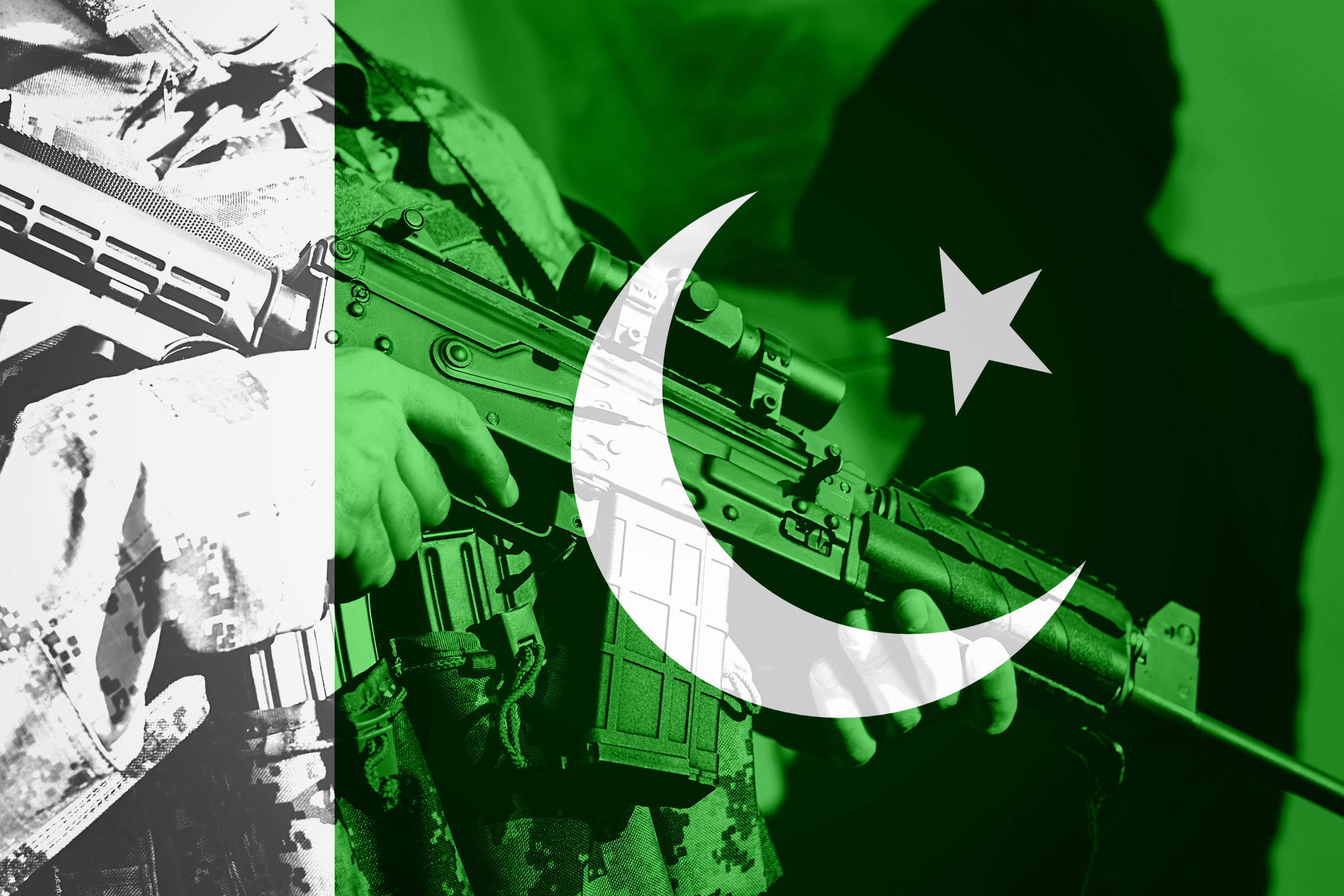
The recent move by the U.S. Department of State to designate the Balochistan Liberation Army (BLA), along with Hizballah operative Husain Ali Hazzima and Jaysh al-Adl (formerly Jundallah), as Specially Designated Global Terrorists (SDGTs) marks a significant moment in the global counterterrorism landscape. While the announcement has been largely framed through an American lens — to safeguard its national security and global financial system — it also exposes deeper regional dynamics, particularly India’s covert support to anti-Pakistan insurgent groups.
The Balochistan Liberation Army (BLA), now officially recognized by the U.S. as a global terrorist organization under Executive Order 13224, is a long-standing separatist militant group operating in Pakistan’s Balochistan province. Known for its attacks on Pakistani civilians, security personnel, and Chinese nationals, BLA has transformed over time from a tribal insurgency into a sophisticated proxy force, often suspected to be serving Indian strategic interests under the guise of separatist ideology.
This designation is not just a diplomatic formality — it is a formal acknowledgment of the BLA’s tactics and affiliations. The U.S. decision specifically references the BLA’s involvement in the 2018 suicide attack on Chinese engineers, the assault on the Chinese consulate in Karachi, and the 2019 attack on the Pearl Continental Hotel in Gwadar — all locations with strategic economic value, particularly under the China-Pakistan Economic Corridor (CPEC).
The geopolitical implications are clear: attacks on Chinese investments in Pakistan serve a dual purpose for adversaries — disrupting Beijing’s Belt and Road Initiative and destabilizing Pakistan’s internal security. These are objectives suspiciously aligned with Indian strategic goals in the region, especially after documented cases like that of Commander Kulbhushan Jadhav, an Indian naval officer caught in Balochistan for espionage and sabotage. India’s clandestine footprint in Balochistan is no longer just a Pakistani claim — the U.S. designation of BLA is now an indirect acknowledgment of the actor behind the proxy.
Furthermore, the move also brings attention to Jaysh al-Adl — a group operating in the border areas between Iran and Pakistan. Its earlier iteration, Jundallah, had already been sanctioned in 2010. Renaming itself in 2012 as Jaysh al-Adl, the group continues to commit acts of terrorism, particularly against Iran. This re-designation reflects not only continuity in terrorist activity but also adaptability among militant outfits — a trait commonly facilitated by foreign sponsors who help such groups avoid sanctions and global scrutiny.
The inclusion of Hizballah’s intelligence wing underlines the global nature of terrorist networks and their growing sophistication. While Hizballah remains largely a Middle East-centric actor, the BLA and Jaysh al-Adl expose a South Asian undercurrent in the international terror matrix — one in which India’s proxy doctrine finds more daylight.
For Pakistan, this is a vindication long overdue. Islamabad has for years been raising alarms at various international forums — the United Nations, SCO, OIC — about India’s backing of Baloch insurgents. Statements by leaders like Dr. Allah Nazar, a BLA commander, offering his group’s support to India in case of a future war with Pakistan further cement the reality of state-sponsored terrorism via non-state actors. The BLA’s digital campaigns, often glorified by shadowy social media figures such as “Bahot Baloch,” are used to radicalize youth, spread anti-Pakistan narratives, and incite ethnic violence — all with direct strategic utility for India.
The timing of this designation is also crucial. It comes amid increasing Indian aggression on multiple fronts — from missile violations of Pakistani airspace to the illegal abrogation of Article 370 in Indian-occupied Jammu and Kashmir. As India pushes a hyper-nationalist agenda internally, its foreign intelligence operations appear more willing to cross ethical and legal red lines.
By recognizing BLA as a terrorist group, the United States is sending a strong message: cross-border terrorism, regardless of who sponsors it or what political cause it hides behind, is unacceptable. This position also places the Indian state in an awkward position diplomatically. If it continues to fund and facilitate BLA operatives, it risks being complicit in terrorism — a charge it often lobs at others without evidence.
In conclusion, the U.S. decision to designate BLA, Jaysh al-Adl, and Hizballah’s operatives as global terrorists is more than symbolic. It is a long-overdue affirmation of the threats Pakistan has faced for decades. More importantly, it exposes the quiet, insidious war India wages through proxies. For those in the international community who still view South Asia through a binary of democracy vs extremism, this is a wake-up call. State sponsorship of terrorism wears many masks — and India’s proxy war in Balochistan is among the most dangerous.
